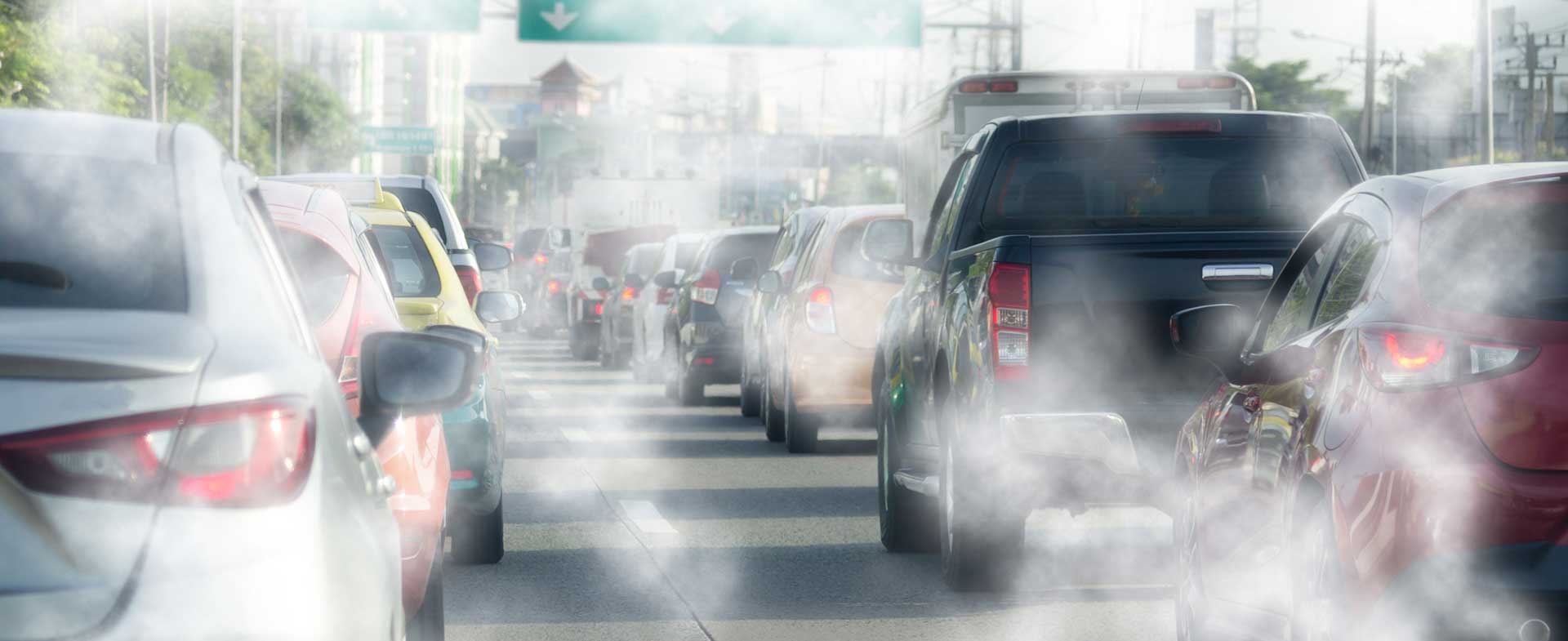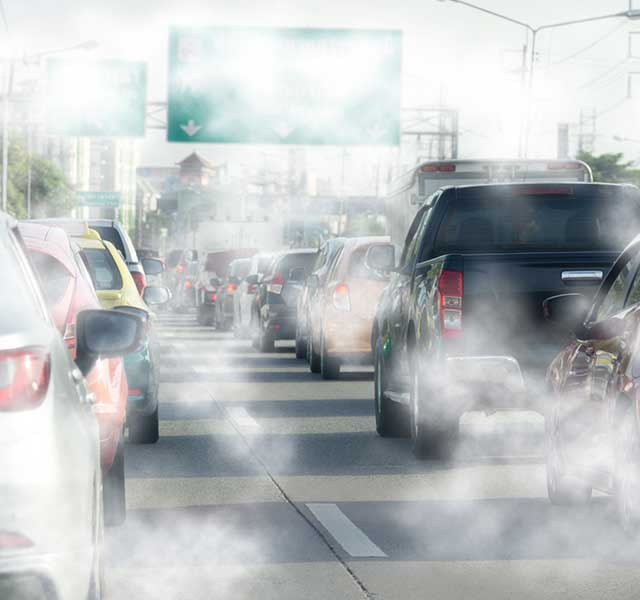It’s long been known that air pollution isn’t good for our health. It’s linked to cancer, heart disease and asthma, for starters. And now, a study from Wayne State University and Henry Ford Health has showed that long-term exposure to toxic air pollutants can also lead to preterm births.
The study found that, globally, 2.01 million preterm births can be attributed to a mixture of air pollutants referred to as BTEX--or benzene, toluene, ethylbenzene and xylene--which come from sources like vehicle exhaust, gas stations and old paint. India had the highest amount of BTEX-attributed preterm births, followed by China and Pakistan. The United States fell in sixth place.
“Within the United States, we know that Detroit has a higher rate of preterm births, some of which may be attributed to BTEX,” says Andrea Cassidy-Bushrow, Ph.D., an epidemiologist and senior scientist at Henry Ford Health who worked on the study.
How Does Air Pollution Lead To Preterm Births?
Infection is one of the biggest causes of preterm births (that means being born at less than 37 weeks). The hypothesis is that exposure to air pollutants like BTEX compromises your immune system, making it more likely that you’d get an infection—such as an intrauterine infection when you’re pregnant, explains Dr. Cassidy-Bushrow.
And you don’t have to be pregnant at the time of BTEX exposure. Having long-term exposure even before you’re pregnant can increase the chances of preterm birth.
“Long-term exposure qualifies as having at least a year of exposure to high amounts of BTEX,” says Dr. Cassidy-Bushrow. “If you happen to go to a high-exposure area for a few days, that may not impact you. It’s if you spend more than a year there. High-exposure areas would be urban areas; areas with lots of freeways and gas stations.”
Babies who are preterm are more likely to spend time in the NICU. Depending upon how early they are born, they could be at a higher risk for neurodevelopmental delays, asthma and infant mortality.
What Can We Do To Lessen Our Exposure To BTEX?
Government regulations are key to reducing air pollution, but on a micro level, Dr. Cassidy-Bushrow offers a few tips for lessening your exposure to BTEX.
“If you have lawn equipment that runs on gas—like lawn mowers and leaf blowers—try to keep them outside,” she says. “It’s best to store them in a shed, somewhere off to the side of your home and not in a garage or basement that vents off into the house. Also, don’t store old paint cans in your house. Put them outside in the shed if you can.”
Another seemingly simple task that might be hugely effective? “Planting trees," she adds. "We’re looking to see if planting the right kind of trees—trees that can detoxify the air—could help improve air quality and the health of people."
To find a doctor or pediatrician at Henry Ford Health, visit henryford.com or call 1-800-436-7936.
Andrea Cassidy-Bushrow, Ph.D., is an epidemiologist at Henry Ford Health. She specializes in cardiovascular disease epidemiology, genetic epidemiology and pediatric research.



